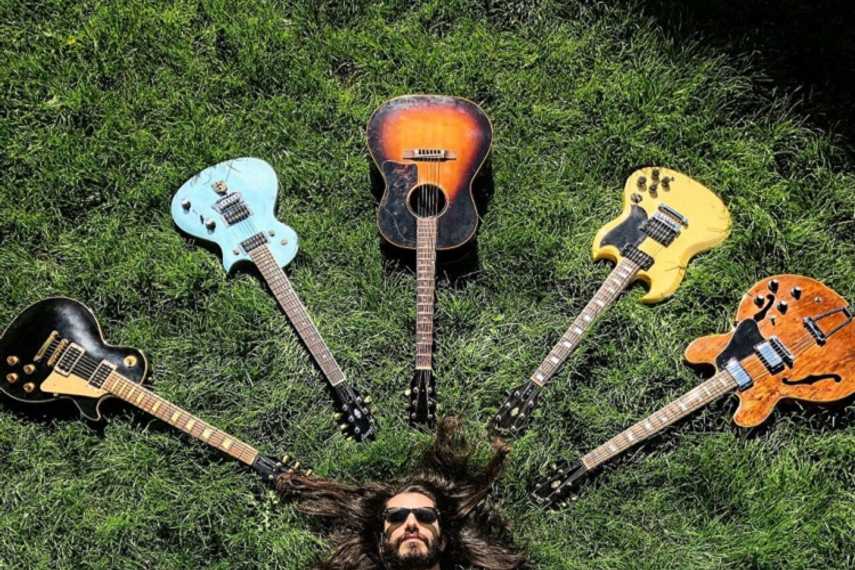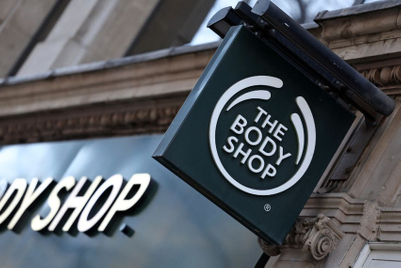
I am not much of a guitar player, at least not a very accomplished one. But I felt on top of the world when my parents gifted me a Gibson guitar on my birthday some years ago, perhaps in the vain hope that the instrument would magically draw out some hidden musical talent of mine. To be honest, none of that happened, and I continued to struggle with my minimal repertoire in music. But my Gibson has remained both a prized possession, and a source of pride, always drawing ‘aaaws’ and ‘wows’ from my more musically inclined friends who understood its lineage and value.
Last week the legendary guitar-maker, founded in 1894, based in Nashville, Tennessee, in the US, filed for bankruptcy despite annual sales topping 170,000 guitars a year. Gibson was, and perhaps still is, the best guitar maker in the world. So much so that Eric Clapton borrowed George Harrison’s Gibson to play the solo on the Beatles’ ‘While My Guitar Gently Weeps’.
Gibson legends abound. Rock and Blues would never have been what they are without the contribution of Gibson guitars. Music videos made guitars an intrinsic part of the persona of a musician. So, Slash is best remembered in ‘Sweet Child o' Mine’, playing his Gibson. So also Jimmy Page, whose red double neck Gibson Les Paul is kind of part of his enduring image as a rock icon from Led Zeppelin. Similarly, David Gilmour and his shiny black Gibson Stratocaster and Queen’s Brian May and his Gibson Red Special are part of music history and lore. It is not that Gibson started out selling only guitars. In fact, they were first primarily manufacturers of mandolins. But the emergence of big band music in blues and jazz opened up a market for premium quality guitars which Gibson quickly occupied, and then dominated for more than a 100 years.
Two cult figures, BB King and Elvis Presley, are without doubt the best brand ambassadors of brand Gibson.
BB King made the Lucille, a Gibson ES-355, the world’s first archtop semi-acoustic guitar very very famous. As fandom grew for blues music over the years, The King of Blues, as BB King came to be known, was honoured by Gibson with the launch of the BB King Lucille model in the year 1980. In fact a special ‘80th Birthday Lucille’ was presented by Gibson to the King.
If BB was the King of Blues, Elvis Presley was surely the ‘King of Rock and Roll’ who dominated pop culture in the 1950s with soaring hits like ‘Love Me Tender’, ‘Heartbreak Hotel’, ‘Can’t Help Falling in Love’, ‘Jailhouse Rock’, ‘It’s Now or Never’ and ‘If I Can Dream’. Elvis' collection included a 1956 Gibson J200 that he used in the early days, during many of his 1957 concerts. He also had a 1965 Gibson EBS-1250 Double Bass, used in publicity shots and artwork for the movie ‘Spinout’. There was also the Gibson Ebony Dove, Elvis Presley used in the ‘Aloha From Hawaii’ special. Elvis was a loyal user of Gibson’s acoustic guitars, as well as the electric versions. Elvis became a visible supporter of Gibson over the years, and as his fame and influence sky-rocketed, so did the brand value of his favorite guitar brand.
Back to the impending shuttering down of Gibson guitars, the inevitable question is why did this inevitability have to hit this music maker? Part of the reason could be that guitar sales have not increased significantly in recent years. Computer games, gaming consoles, smartphones and tablets are all taking up leisure time that was once the preserve of the guitar and its other musical companions. Music aficionados would rather be ‘Guitar Heroes’ on their TV screens more than wanting to be actual rock stars. For the uninitiated, ‘Guitar Hero’ is a video game where you pretend to be a rock star rather than play an actual guitar. So the future of the guitar is obviously somewhat clouded by forces beyond its control.
Gibson may yet survive, given how Chapter 11 companies are afforded breathing time in the US. But if it does not, it will die the death of a hero. A much decorated hero. The creator of many legends. The partner of many icons. The oracle of some of mankind’s most melodious and memorable music. Long live Gibson!
(Carol Goyal loves her music. And her Gibson. Carol loves to write on a variety of subjects, especially those that are topical and touch her heart.)


.jpg&h=334&w=500&q=100&v=20250320&c=1)
.jpg&h=334&w=500&q=100&v=20250320&c=1)

.jpg&h=334&w=500&q=100&v=20250320&c=1)


.jpg&h=334&w=500&q=100&v=20250320&c=1)


.jpg&h=334&w=500&q=100&v=20250320&c=1)




.jpg&h=268&w=401&q=100&v=20250320&c=1)


